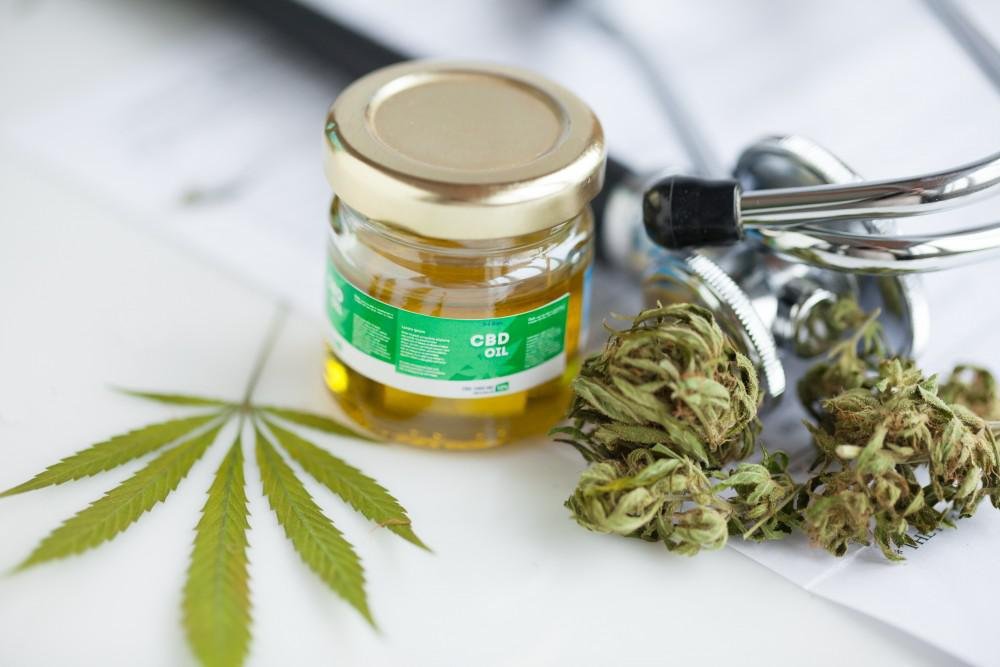As a result of Canada’s legalization of cannabis for adult use, there have been some significant global regulatory developments and conversations that have occurred. As other nations have started to relax their current cannabis laws, or at least consider doing so, a paradigm change has begun.
Predictably, new cannabis businesses got legal and continue to swarm the public and private markets to carve out a position for themselves. Several of these businesses have concentrated their efforts on creating, manufacturing, and selling CBD (Cannabidiol), a cannabis-derived chemical molecule that has blurred some regulatory boundaries to gain an advantage. The potential health benefits of CBD are being studied regularly. Each day, there is a new brand of CBD product is launched in Canada.
This is the reason why it becomes equally important to have an online source like BestCBDOnline.ca that compares the reviews and gives you access to guidelines on how to look for the best CBD shops in Canada. This website aims to take you in the right direction and ensure that you are not being a victim of low-quality or fake CBD products online. Click on https://www.bestcbdonline.ca/ to get the most relevant and trustworthy information with unbiased details of the best CBD shops in Canada.
CBD is legal in Canada
The Canadian government had declared years ago that the cannabis plant can be used as medicine, and in 2018, it approved legislation reiterating that position. Cannabis and CBD oil were made legal for recreational use under the Cannabis Act, although there are restrictions.
Every CBD-based product must be manufactured and distributed by licensed sellers to be recognized as legal. This implies that you should confirm that the seller or producer of the CBD goods you intend to buy is licensed. It’s also crucial to keep in mind that different provinces or regions may have different rules regarding the use of medicinal cannabis.
What rules apply to CBD in Canada?
The rules for CBD under The Cannabis Act and the Cannabis Regulations in Canada are similar to how THC is regulated. CBD is not covered under the Industrial Hemp Laws even if its source is industrial hemp.
To manufacture, process, and/or sell approved CBD products, including fresh and dried cannabis, cannabis plants, CBD oil, and cannabis seeds, a firm must have a license under the Cannabis Act and the Cannabis Regulations and not under the Industrial Hemp Regulations. Currently, CBD-containing topicals, edibles, gummies, creams, capsules, tinctures, bath bombs, and even CBD isolates are legal in Canada with the condition that they are to be sold by licensed sellers.
What is the future of CBD under Canadian Cannabis Laws?
The landscape of Canadian Cannabis laws that control the cannabis industry is complex and rapidly involving. Although Canada became the second nation in the world to establish a legal national market, the argument is that its approach to CBD regulation is very conservative.
All this is very important for both CBD suppliers and consumers because Canadian laws confirm the safety of people before ingesting or applying CBD products to our bodies.

